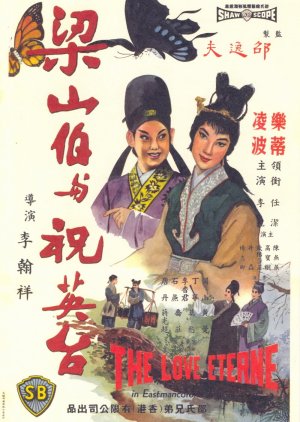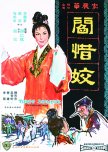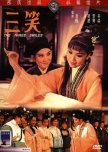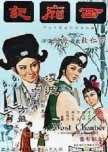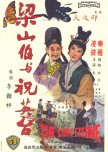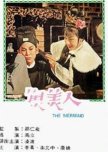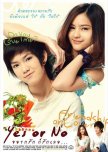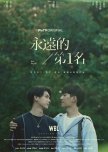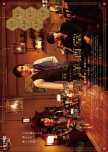
The most subversive element of the film is that both leads are played by women, Betty Loh Ti (with poignant vocals dubbed by Tsin Ting) as the girl disguised as a boy and Ivy Ling Po as the boy she falls in love with. Both are magnificent, so convincing as the yearning heterosexual couple that the casting of two women seems an inextricable part of the story’s message about the role of women in society despite the fact that this is based on a truly heterosexual ancient legend (from roughly 266–420 AD). I have to imagine, or at least hope, that Chinese queer cultural critics have written some fascinating studies of this film, particularly because it seems to be widely considered a populist Chinese classic.
The story continues on irrespective of deeper implications, building to its inevitable, operatic climax bursting with raw emotion (here is where Loh truly shines). The ending is poignant and wistful, and I understood why this story had lasted all these years.
Considerați utilă această recenzie?

